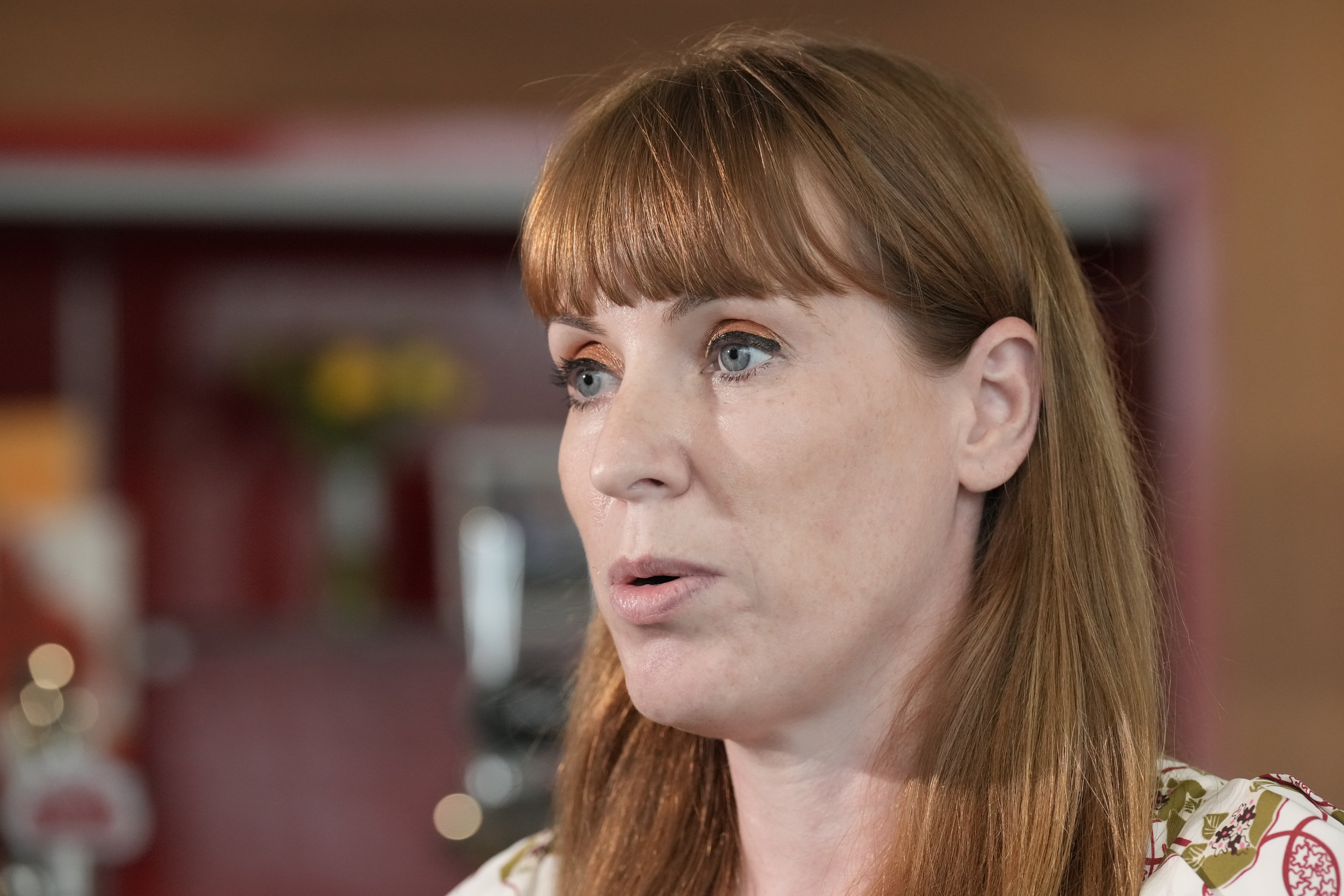
Earlier this year, Patrick was sleeping in a field. He had nowhere else to go after fleeing an abusive ex-partner.
After years spent sofa-surfing following a fallout with his parents over his drug use, which saw him kicked out of the family home, Patrick found himself with nowhere to turn.
“I never really had an address or somewhere to call home,” Patrick told The Independent.
“I came down to London after leaving my parents’ house. I was sofa-surfing for a while, then I moved in with an ex-partner who was abusive.
“But early this year, I thought, ‘No, I can’t do it any more. It's not healthy for me.’ I ended up sleeping in a field.”
Patrick is one of 136,000 18- to 24-year-olds who faced homelessness in the past year, according to latest estimates. Around 1 in 52 young people are homeless or at risk of homelessness in the UK, according to the EveryYouth network of charities.
But Patrick was fortunate. With the help of youth homelessness charity the Amber Foundation, he was quickly able to get back on his feet.

“They have given me opportunities to volunteer in trades like brickwork, roofing, carpentry, painting and decorating, and I’ve now received qualifications from that,” Patrick said.
“We also have an onsite counsellor, who I have completed 12 sessions with to help me with my low self-esteem and negative thinking.”
Following the counselling and recovery support, Patrick is now also in the process of repairing his relationship with his family.
He added: “I didn’t speak to my dad for a very long time and when he found out I was at the Amber Foundation and trying to sort my life out, he was really proud of me and has supported me ever since.”
However, for many others facing similar difficulties, it is feared this support may soon not be available. In a letter to deputy prime minister Angela Rayner, EveryYouth CEO Nick Connolly warned of hundreds of possible job losses among youth homelessness charities due to the employer national insurance hike in the latest Budget.
Chancellor Rachel Reeves announced in her autumn statement that the rate of employer national insurance would rise from 13.8 per cent to 15 per cent in April next year.
The secondary threshold, meaning the level at which employers start paying the tax on each employee’s salary, will also be reduced from £9,100 a year to £5,000.
Mr Connolly said EveryYouth’s network of youth homelessness charities across the UK is set to lose £1.73m from collective budgets – the equivalent of axing more than 60 frontline workers from the network’s government-funded services.
“Our services have already been cut down to the bone,” he told The Independent. “There is already a very minimal standard of support available, and this national insurance increase will only make the charities’ situation worse.
“This will affect the network’s ability to help young people learn independent living skills and navigate the transition to adulthood.
“It will also make it more difficult to provide additional wrap-around support, addressing childhood trauma and educational deficits, which is funded by donors and is essential if we want our most disadvantaged young people to thrive.”
The charity network has helped 327 people aged between 16 and 25 move into a home this year and has assisted a further 564 young people into employment.
Mr Connolly has called on the government to protect youth homelessness services from the national insurance increase and requested an urgent meeting with the deputy prime minister.
“The young people we support are some of the most disadvantaged in the country, and a very high proportion are care leavers,” he wrote in the letter. “Many are neurodiverse and have faced discrimination due to their sexuality, gender identification, or race. It cannot be right that the overall increase in investment in public services results in the most vulnerable young people being penalised.”
A government spokesperson said: “We have inherited devastating levels of homelessness, and we are taking action to get back on track to end this issue for good, which is why in the Budget we took the total spending on reducing homelessness to nearly £1bn in 2025-26.
“Reducing social inequalities is also vital to fix this problem. Our balanced and proportionate approach will help us raise the money needed to fix public services so that they can benefit everyone, as well as fund the delivery of up to 5,000 social homes.”







